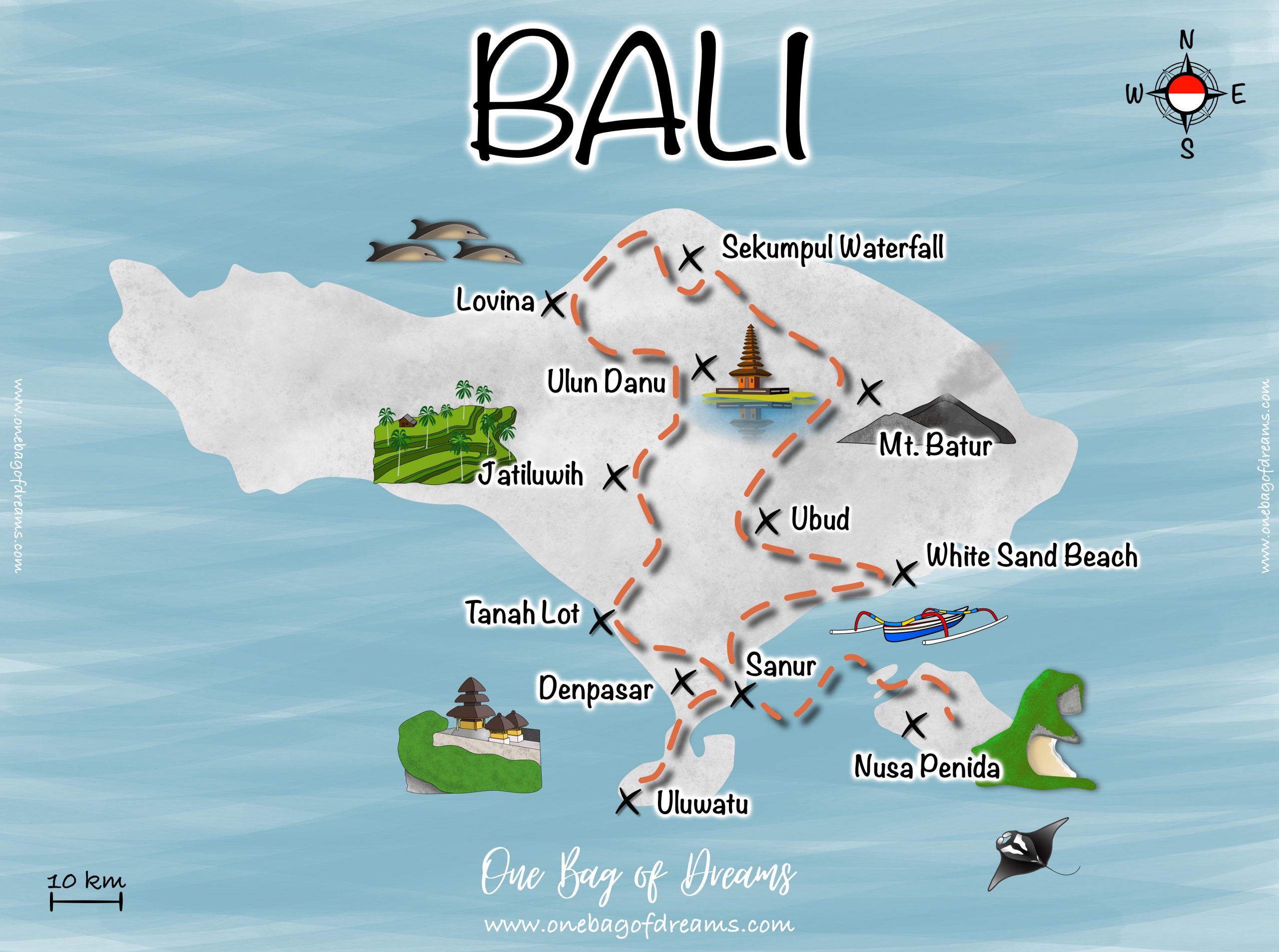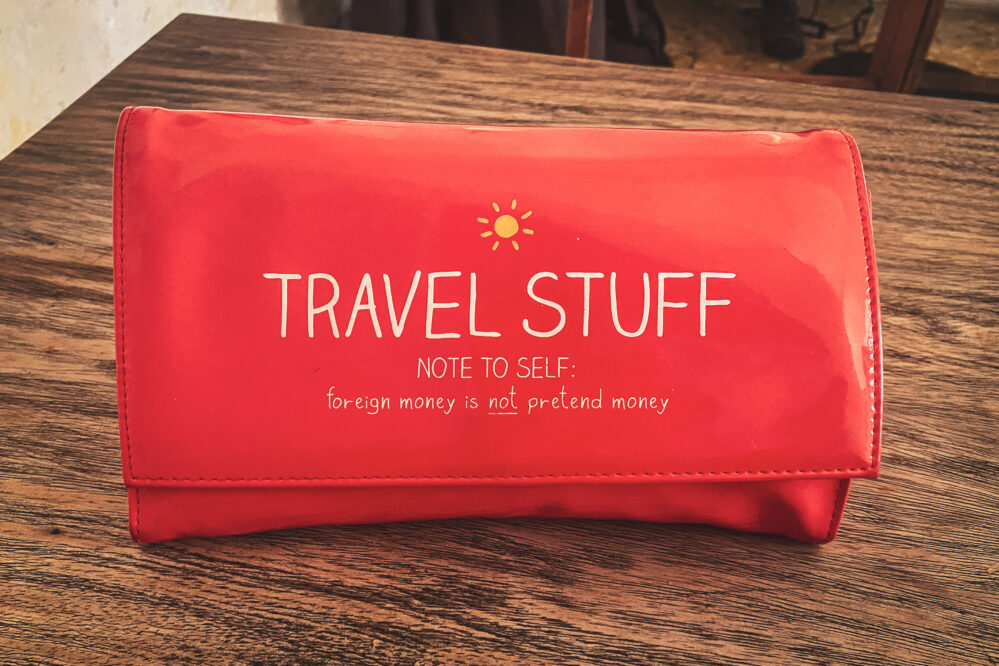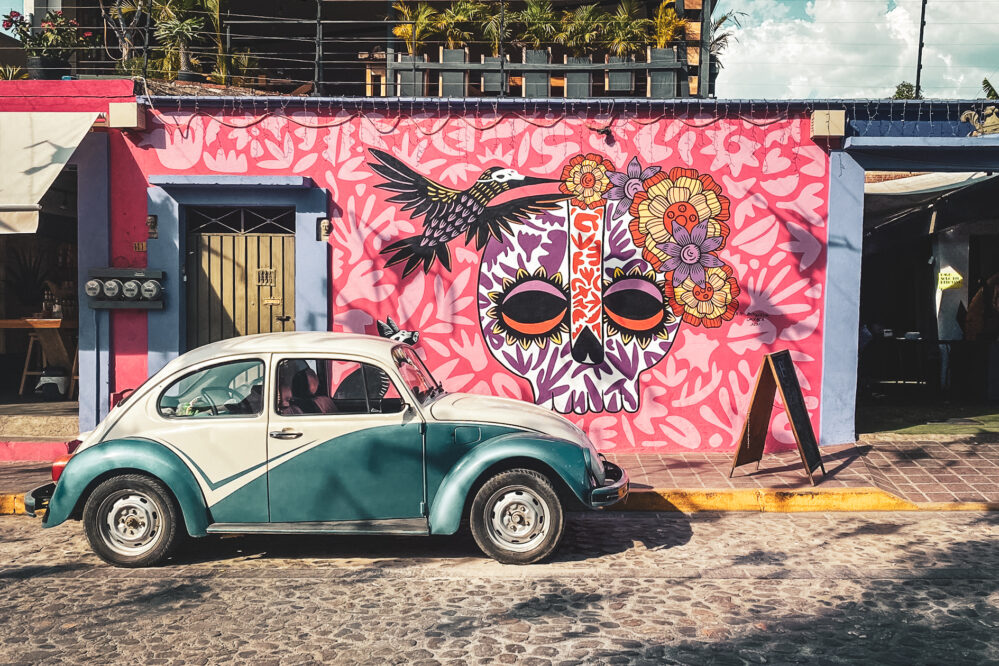How to Plan a Trip Around the World
Whether you are considering the practicalities of a world trip or maybe you are fully in planning mode, let’s get you started with the key things you must do before you can start your once in a lifetime adventure!
6 Months Before You Leave
1. Pick Your Destination(s)
This is the first and most important place to start when you’re setting off on an adventure. To correctly prepare, you at least need to have a rough idea of where you are going. For this, use everything available to you, check travel guides and YouTube channels, and even Instagram! This will give you a great feeling for the places you will visit and the best preparations. If it’s a world trip, buckle up there’s a lot, but we’ve got your back!
2. Establish Your Budget
This is a key step in establishing what is realistic and achievable for your trip. The amount of money you will need to spend will depend greatly on the country/countries you wish to visit. Accommodation can be incredibly cheap or incredibly expensive depending on the country you will visit. The best thing is to establish a daily budget and discover what you can achieve with that. If you are on a tight budget, there are lots of things you can do to save money. However, it is important to be realistic about what you can achieve. Of course, the trip will be all about collecting memories, but always have enough to get yourself home in an emergency!
3. Check the Validity of Your Travel Documents
Travel documents often have an expiry date, this includes your passport! For many countries, you need at least 6 months left before your expiry date to enter the country. Check this in good time before your trip so you have time to apply for and receive new documents if this is necessary!
4. Check Your Visas
This feels scary but can be simpler than you may think. Check on your government website to find out the requirements for your nationality and if you need a visa, apply in good time! For many countries, you may be able to travel as a tourist visa-free, but this will depend dramatically on your passport and your destination. Keep on top of this and keep checking as these can be subject to change!
4 Months Before You Leave
5. Check if You Have the Right Travel Vaccines
Perhaps this is the less glamorous side of traveling. This step is, however, incredibly important. Go to your doctor and discuss your destinations with them and they will be able to tell you which vaccines you need and which should also be considered! For our world trip, we needed a hefty 13 vaccines! The common ones needed/recommended for travel are:
- Typhoid
- Rabies
- Hepatitis (A and B)
- Malaria
- Polio
- Cholera (This will also provide some protection from a bad tummy)
- Influenza
- Japanese Encephalitis
- Meningococcal Infection
- Yellow Fever (Compulsatory for certain countries)
- Covid
Obviously, we are not doctors, and this is not an exhaustive list. The vaccines you will need also depend greatly on the country you are visiting. Go to your doctor, get your vaccines and keep yourself safe!
6. Look Into How You Will Pay For Things Abroad (Credit Cards)
Something else which needs to be done a few weeks before you leave is to apply for a credit card or payment method which you can use abroad. For some purchases, a credit card may be required. For example, some providers will insist on a credit card so that you can hire a car. You can also save a lot of money by doing your research as some credit cards will offer you free payments and cash withdrawals abroad. Check that your card can do this in the countries you are visiting. It is also a good idea to have a second, backup card that you can rely on in case your card is lost or stolen abroad.
The key credit card criteria to look for include
- Check that your card is a VISA so that you have more security with your payments.
- Check to see if you have free payments and cash withdrawals abroad.
- Check that there is a possibility to get a replacement/emergency card in case of loss or theft.
- Check your daily withdrawal limit, as for some excursions you will need a bigger amount of cash for the day.
7. Pick Out the Right Travel Bag for You
We were not expecting this, but it took us a long time to find the right travel bag for us. There are hundreds of great bags out there but it’s a very personal process and the right bag for you will depend massively on the activities you want to be doing. If you are camping a lot, you may be looking at a hiking-style backpack. If you are hostel hopping a hiking backpack could also be suitable, but you may want something more secure or if you are exploring cities, maybe something more stylish. The key points for us were security, practicality, and ease of access. We will be living from our backpacks for our whole trip, so we needed something bigger than hand luggage but still easy to transport.
We recommend checking out pack hacker for some inspiration, reviews and helpful tips. We personally love Eagle Creek and Osprey bags! For our trip we went for the Osprey Farpoint and the Osprey Fairview both in the 70L size.
2 Months Before You Leave
8. Get Your Health Insurance
Insurance can be a daunting one, but it doesn’t have to be! Health insurance abroad is an absolute must. Sort this out! We looked for health insurance with good cover for any health requirements we may have. If you are doing a long-term trip, check that your health insurance does not require you to return to your home country after (for example) 28 days. You will need health insurance that is valid for your entire stay and in each country that you visit. You may need to pay a premium for your health insurance if you are visiting the US or Canada. It is always a good idea to check different providers. Bear in mind that this is your health insurance.
This is something very important and may be more expensive than you expect. Make sure to include this in your budget planning!
9. Get Any Additional Insurance
10. Check Your Clothing
You will need to pack for many different conditions and occasions. If you are traveling to hot countries you will need to dress accordingly, but don’t forget that many cultural or religious buildings require you to dress modestly to enter. You will also need to be prepared for adverse conditions, such as bad weather. Something especially important is mosquito and sun protection. The best way to protect against UV and mosquitos is to cover as much of your body with material as possible. Failing that, pack enough sunscreen and mosquito spray to keep you safe! This will also mean that your trip will be dramatically more comfortable!
Don’t forget to also pack clothes that you like and that are comfortable. Super practical clothes may not be what you want when you are exploring a cool new city or cuddling up and watching a film (yes, on long term travels films are also allowed every now and again!)
11. Check Your Camera Equipment and Storage
This might be the trip of your lifetime, the one you sit by the fire and tell your grandkids about one day! You want to have good pictures! If photography is something you are interested in, this may be the time to invest in a good camera. However, this is not completely necessary, you can take great pictures with your phone. What is important is that you have somewhere to store all your pictures! You will need either extra hard drives or cloud storage. These two options have positives and negatives.
Storage on hard drive
+ Advantages
- You don’t need internet access to put your data onto a hard drive
- You can carry your data around with you and you don’t have to wait hours to save your data.
- The cost of a hard drive is a one-off cost
– Disadvantages
- Hard drives can be bulky and take up precious space in your luggage
- If the hard drive gets damaged, you could lose all your data. You always need to have a backup!
Storage on cloud
+ Advantages
- Secure storage which you cannot ‘damage’ in your bag
- You can view your data on different devices
– Disadvantages
- You will need internet access to upload your data
- It may take a long time (sometimes days) to upload all your data. (In areas with a weak Wi-Fi signal (hostels and hotels),
- You will usually pay for cloud storage per month
Of course, you will ideally have a mix of these options!
1 Month Before You Leave
12. Check if You Need an International Driving License
This is another document you may need on your trip. The international driving license allows you to drive abroad and will have relevant information in multiple languages (including English).
It is however important to note that this is not a driving license replacement, take your normal driving license and your international driving license on the trip with you! It may take some time to get all the paperwork through to obtain an international driving license, allow for this in your travel planning, and do not leave this until the last minute. However, as an international driving license is only valid for 2 years, don’t get it too early.
13. Check your Medications For Travel
If you take any kind of regular medication, you should check that you have enough for your trip or figure out how you can visit a doctor to get the medication you need whilst you are traveling. You may also need a note from your doctor or an ‘Attest’ to say why you are carrying certain medications, this is especially important if you are taking a few boxes of your medication with you.
This is also an important discussion to have with your doctor as not every country accepts all medications.
14. Check Covid Restrictions
This is something new. Covid restrictions are different in almost every country in the world. You may need to provide vaccination status or a covid test when you travel to a different country. At the time of writing, there are some counties which are closed to tourists all together.
Some countries also have limits on which covid tests are allowed for travel. Some countries will insist on a PCR test, others may allow an Antigen test. Something else to check is the time you take the test. Some counties will need you to take a test closer to your flight than others. Often this varies between 24 and 48 hours (at the time of writing) but always check on the local government website and check with your travel provider what they require!
15. Look at Your Flight or Transport
Phew! That was a lot! If you have followed the above steps, it seems like it could be time to look at your flight. In fact, checking flights in advance can save you a lot of money. Some apps will even inform you if the price of a flight you are interested in goes down! Many airlines will offer a cheaper price in advance than for example two weeks before, however, this can also depend on the time of year.
Traveling out of season can also save you money, but this may not work if, for example, your destination has a hurricane season! Sites like Skyscanner and Google Flights will enable you to compare airlines easily. It also pays to research other airports in your country, is there another city nearby with a larger airport? Flying from here may save you some money. The more flexible you can be, the more money you can save. As always, check that your flight meets safety standards! Don’t forget to research the connection to arrive at the airport. This will help you to avoid missing your flight.
16. Make the Big Changes!
This last step is perhaps easier said than done. Once you have considered all the above, it is about time to make the big changes. Of course, these are incredibly personal things. Moving your belongings into storage, moving out of your house, and maybe even quitting your job! If you are serious about travel, the people around you will support your dreams!
Make sure that you plan everything as well as you can, this will help you to foresee potential problems and avoid them! This will be a trip of a lifetime so make sure you invest your time into making it the best it can be. Remember that you can’t make an omelette without breaking a few eggs!
One Last Thing
If you are reading this and planning a trip around the world, you can do it! We hope you have an amazing trip and that you get to fulfil your dreams!







